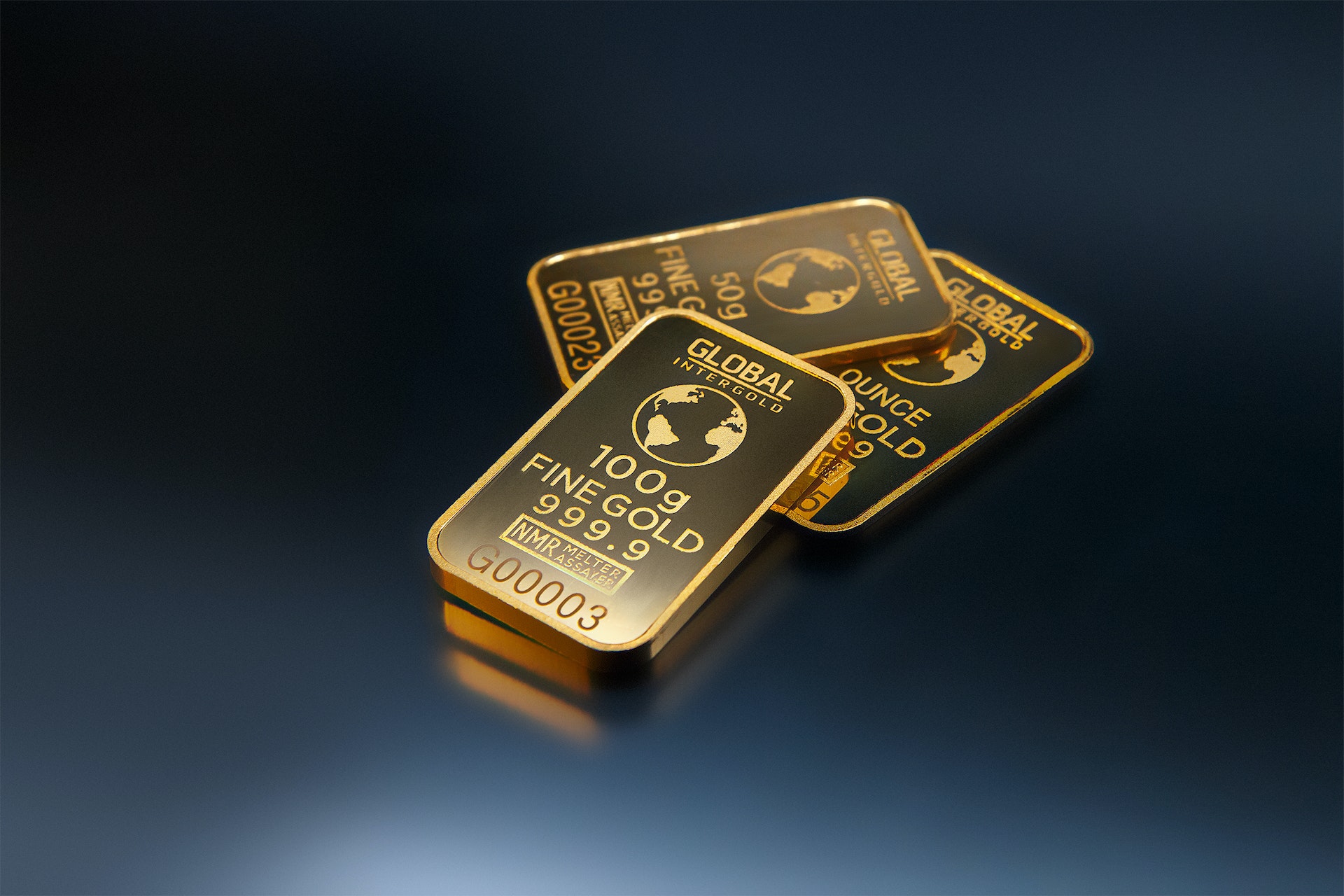
Precious metals are so named because they are rare and therefore have a high economic value. Precious metals offer investors a way to store wealth and seek growth and profit.
Precious metals are so named because they are rare and therefore have a high economic value. Precious metals provide investors with a way to store wealth and seek growth and profit.
The most common types of precious metals that people invest in are gold, silver and platinum. Other precious metals are iridium, osmium, palladium, rhodium and ruthenium.
Examples of precious metals
Precious metals such as gold and silver have long been used as a means of storage and exchange. They are also used to issue government coins or support the value of government revenue.
These metals are often the way for investors looking for growth in times of inflation and safety in times of economic uncertainty. Of course, precious metals are also bought for industrial and commercial purposes, such as jewelry making.
How do precious metals work?
There are many ways to buy precious metals, including buying bullion coins or bars. This is usually done through a financial institution or third party dealer, although gold, silver, palladium and platinum coins can be purchased directly from the United States Mint or the government. Costs will likely be added to convert precious metals into coins. Additionally, owning precious metals often comes with storage and insurance costs.
Investors can also gain exposure to precious metals through mutual funds or exchange-traded funds (ETFs). These funds buy precious metals on behalf of their owners or invest in the securities of companies involved in the production of gold or other precious metals. There are funds that focus on one precious metal and funds that invest in many of them. As with any fund or ETF, there will be financial management fees and those with the theme of precious metals.
A futures contract is an agreement to buy or sell a specified commodity in the future. The contract specifies when the seller will transfer the property and what the price will be. Keep in mind that commodity prices are volatile, and trading futures is considered a risky endeavor that is not for novice investors, or even most investors with experience.